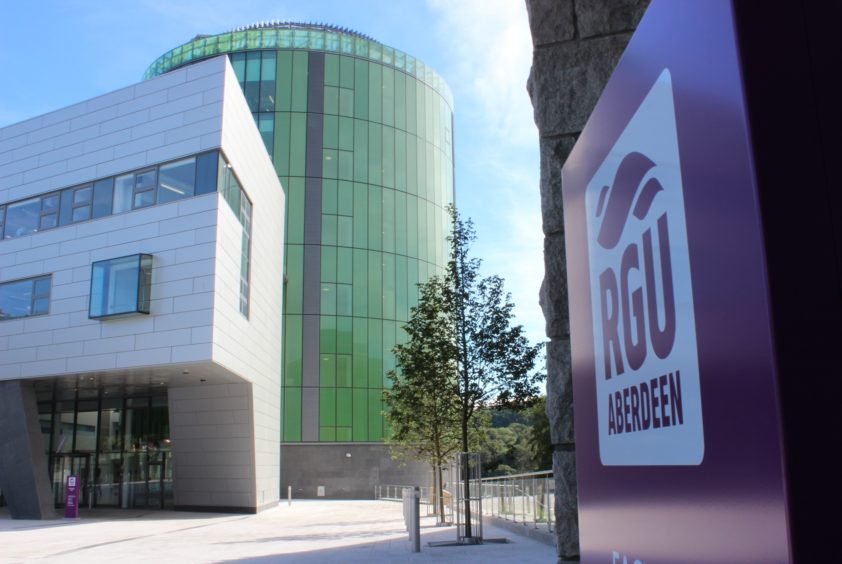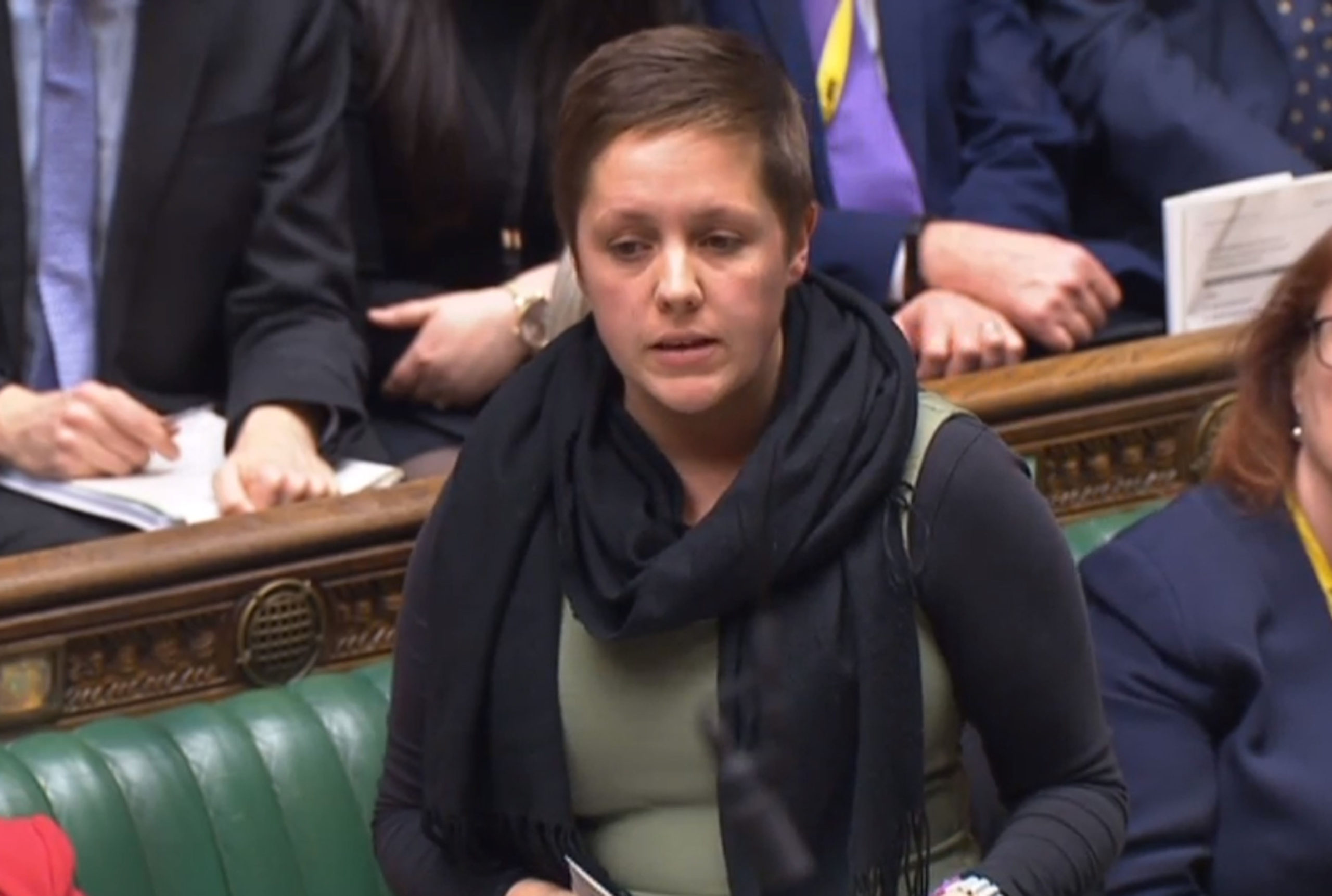
A call to action been made after new figures revealed a “shocking” lack of women applying to oil and gas and energy-related university courses in Aberdeen.
The number of female applicants has failed to increase by even three percent over the last five years, combined for Aberdeen University and RGU, going from 16.9% in 2014 to 19.6% last year.
Robert Gordon University and Aberdeen ran a total of 27 programmes last year which had five or fewer female applicants, according to statistics released under freedom of information legislation.
Aberdeen North MP Kirsty Blackman described the figures as “shocking”, adding the industry and universities must make further efforts to “encourage uptake of these qualifications by women” in what is traditionally a “male dominated field”.
Almost 5,400 people applied in 2019, of which 1,058 were women.
That figure is up on the previous two years, but behind 2016’s total and well below that of the pre-downturn levels of 2014 when nearly 1,600 women applied, although that still made only 16.9% of the total.
Aberdeen University said it is working to be at the “forefront” of efforts to tackle the challenge, through initiatives like its Women in Engineering conference, partnering with schools and industry.
A spokesman said that it should be kept in mind that career decisions are often taken prior to arrival at university so the issue requires a “collective effort across the wider education sector as well as industry”.
RGU said it is working closely with the industry on its “focus” of addressing the gender gap, by designing degrees for a “whole range of careers” in the energy sector, as well as actively encouraging female uptake through school outreach programmes and recruitment activity.
Aberdeen Uni’s most popular energy course, its Petroleum Engineering postgraduate, represented its biggest individual gap with 325 male applicants and just 71 female.
Meanwhile RGU’s Data Science Msc, which has risen steadily in popularity since launching in 2015 due to its rising importance to the industry, was its largest gap with 110 women applying, compared to 316 men.
RGU has more than double the total number of applicants, and within that double the number of female applicants for its courses, but the two universities are roughly neck and neck on percentage terms, with RGU last year having 19.6% and Aberdeen with 20%.
It is already well-documented that women make up a fraction of the industry’s workforce, with women accounting for just 3% of the 50,000 people who travelled offshore in 2018, according to Oil and Gas UK.
The trade body recently set up a diversity and inclusion taskgroup, headed up by Craig Shanaghey, president of operations services for Europe and Africa at Wood.
Later this year the group will launch its first ever diversity and inclusion survey on oil companies’ efforts to attract and retain talent from a range of backgrounds and to fully understand the scale of the challenge.
Mr Shanaghey said: “With our industry supporting around 270,000 skilled jobs, but women representing only one in four of the talent pool, there is clearly more work to be done.
“However, it’s not just about gender but also diversity of race and ethnicity, sexual orientation, skills and thought.
“A diverse workforce gives business the ability to harness different perspectives and creative solutions to industry challenges and ultimately makes it a better place to work.”

